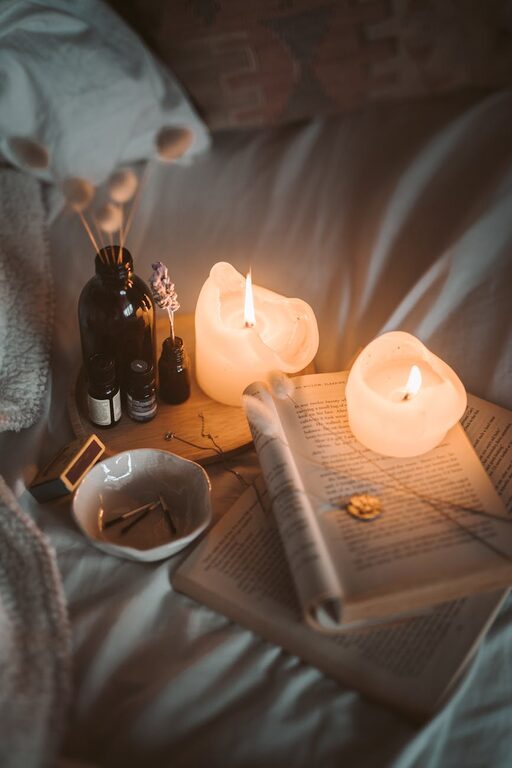
Getting a good night’s sleep is essential for our overall health and well-being. A key part of achieving restful sleep is having a calming bedtime routine that helps your body and mind wind down. By creating consistent habits before bed, you can signal to your brain that it’s time to relax and prepare for sleep. In this post, we’ll explore practical tips and ideas to help you build a relaxing bedtime routine tailored to your needs.
Why a Bedtime Routine Matters
Your body thrives on consistency. When you follow a similar pattern before bedtime, it helps regulate your internal clock, making it easier to fall asleep and wake up feeling refreshed. A bedtime routine also reduces stress and calms your nervous system, which can improve sleep quality.
Steps to Create a Relaxing Bedtime Routine
1. Set a Consistent Sleep Schedule
Try to go to bed and wake up at the same time every day, even on weekends. This consistency helps stabilize your body’s circadian rhythm. Over time, you’ll find it easier to both fall asleep and wake up naturally.
2. Wind Down with Calming Activities
Choose activities that help you relax and transition from the busyness of the day to a state of calm.
– Read a book: Pick something light or uplifting rather than anything overly exciting or stressful.
– Practice gentle stretching or yoga: Light movement can relieve tension and prepare your body for rest.
– Meditation or deep breathing: These techniques can reduce anxiety and help clear your mind.
– Listen to soft music or nature sounds: Calming sounds promote relaxation.
– Take a warm bath: The rise and gradual fall of your body temperature after a bath can help induce sleepiness.
3. Limit Screen Time Before Bed
The blue light emitted by phones, tablets, and computers can interfere with melatonin production—the hormone that regulates sleep. Aim to stop using screens at least 30 minutes to an hour before bedtime. Instead, focus on offline relaxing activities.
4. Create a Comfortable Sleep Environment
Make your bedroom an inviting, peaceful space dedicated to rest.
– Keep the room cool, between 60-67°F (15-19°C).
– Use blackout curtains or an eye mask to block light.
– Minimize noise or use a white noise machine to block distractions.
– Invest in a comfortable mattress and pillows.
5. Avoid Stimulants and Heavy Meals Late at Night
Caffeine, nicotine, and heavy or spicy meals can disrupt your sleep or cause discomfort. Try to avoid these at least a few hours before bedtime.
6. Write in a Journal
If your mind tends to race with thoughts or worries, consider keeping a journal by your bedside. Spend a few minutes writing down your thoughts, things you’re grateful for, or a to-do list for tomorrow. This can help clear your mind and reduce stress.
Sample Bedtime Routine Example
Here’s an example of how you might structure your relaxing bedtime routine:
– 8:30 PM: Turn off screens and dim the lights.
– 8:35 PM: Do 10 minutes of gentle yoga stretches.
– 8:45 PM: Read a physical book or listen to quiet music.
– 9:15 PM: Write in your journal or practice deep breathing.
– 9:30 PM: Get into bed and relax with a guided meditation or breathing exercise.
– 9:45 PM: Lights out and try to fall asleep.
Adjust these timings and activities to suit your lifestyle and preferences.
Tips to Stick with Your Routine
– Start small: Begin by introducing one or two relaxing activities before bed, then gradually add more.
– Be patient: It can take a few weeks for your body to adjust.
– Keep it enjoyable: Choose activities you genuinely find calming, not chores.
– Stay consistent: Try your best to follow the routine even on weekends or when traveling.
When to Seek Help
If you consistently have trouble falling asleep or staying asleep despite a bedtime routine, consider speaking with a healthcare professional or sleep specialist. They can help identify and address any underlying issues.
—
Creating a relaxing bedtime routine is a powerful way to improve your sleep and overall wellness. By making time to unwind and care for yourself at the end of each day, you set the stage for restorative rest and better energy tomorrow. Start experimenting with these tips tonight and discover what works best for you!




